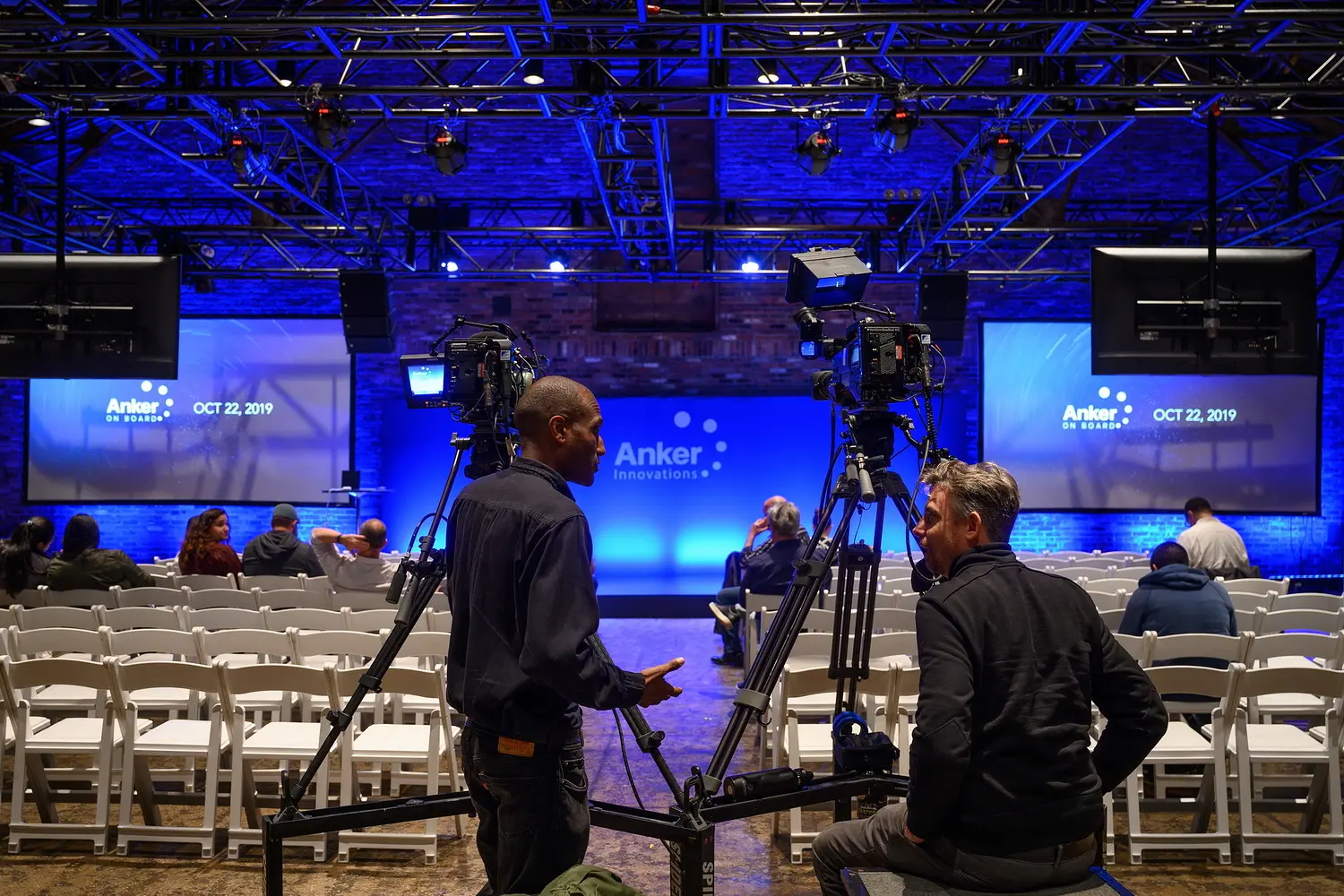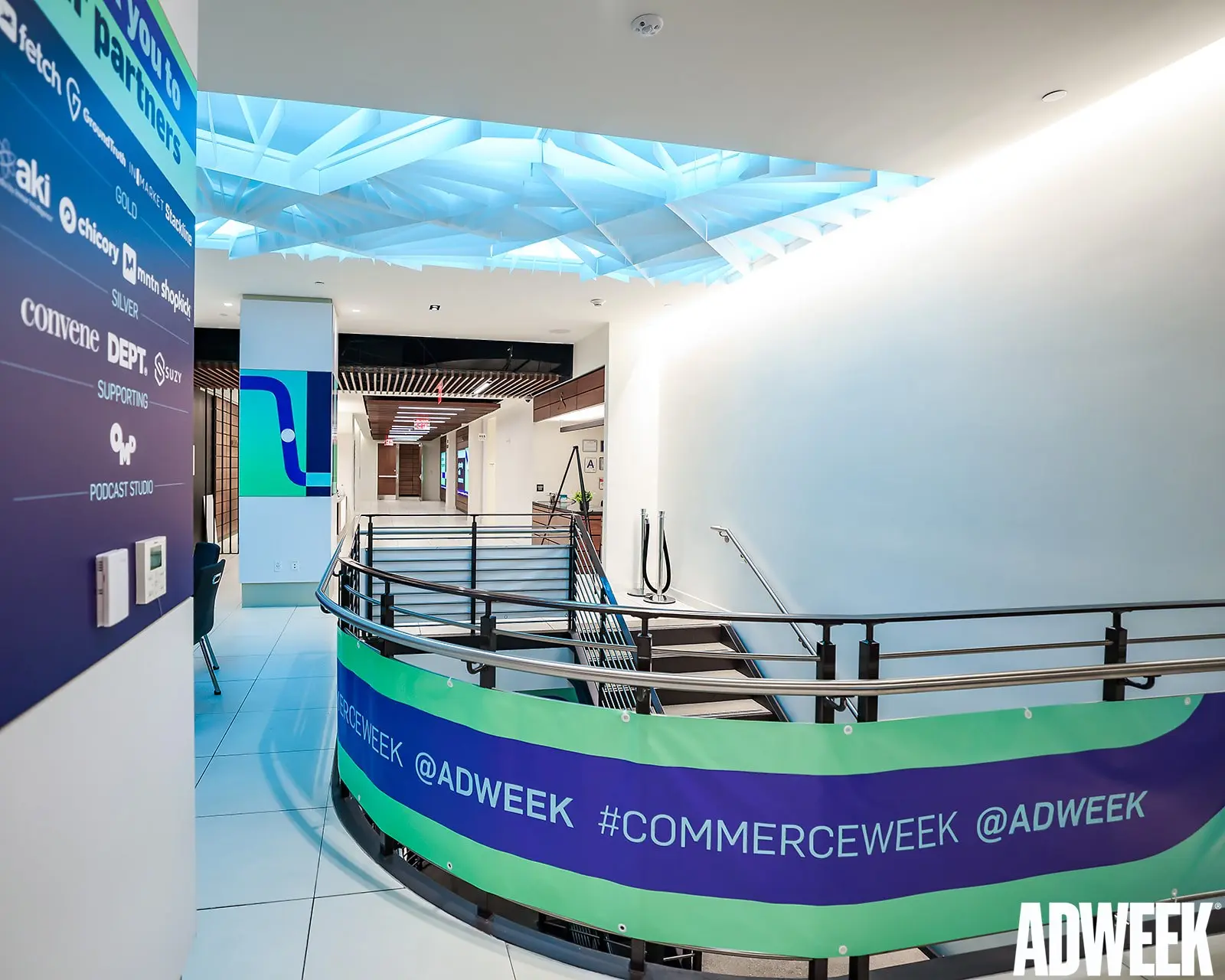While many live event venues offer some in-house services, you’ll need to engage with a variety of other vendors to fulfill the needs of your event. However, it’s not uncommon for venues to have preexisting relationships with event partners and to provide their clients with a list of preferred vendors for catering, print, linens, event planners, the AV team, and more!
These preferred partners are vendors that the venue is indicating to be trustworthy and has chosen to endorse the services of. In many ways, these preferred vendor lists can be a great benefit to your organization! It can help to narrow down the search for vendors, help you feel confident in the teams that you’re contracting with, and ensure that they are experienced in your prospective venue.
However, if you feel limited to only using preferred vendors when you have existing relationships with other event vendors, or you feel the preferred vendors are hindering your creativity and productivity, preferred vendors can be a huge drawback.
Keep reading to learn more about the pros and cons of working with preferred vendors – and how to tell if you can trust them.
Pros.
If a live event vendor is reliable, trustworthy, and works with you to build and execute your creative vision for the event, there are some great added bonuses to them being on the preferred vendor list.
The first is convenience. A good preferred vendor is typically very familiar with the venue’s layout, policies, and procedures, so they’re able to guide you more effectively during the planning process. They also have existing relationships with venue staff, which streamlines their work process.
Additionally, many venues endorse vendors because of the positive experiences they, and their clients, have had working together in the past. They understand that anyone they recommend will reflect on their team as well. Because of this, they want to ensure preferred vendors are well-vetted, trustworthy, and will boost their reputation – not detract from it.
Cons.
Just as there are positives, there can be cons associated with preferred vendors. These drawbacks typically come into play when a venue is endorsing specific vendors for their own gain, rather than to give clients a great experience.
There are times when venues receive financial incentives for endorsing and booking certain vendors, often in the form of commission shares and kickbacks. When this is the case, a “preferred vendor” may really be on that list because it’s another profit stream for the venue – not because they’re a great event partner.
If you’ve worked on a live event before, you may have catering, AV, creative, or other vendors that you’ve already established a great working relationship with and would like to book for your event, even if they aren’t on the preferred vendor list. If the venue still allows you to work with whoever you’d like, that’s great! But if you feel pressured to use the vendors they endorse rather than your own trusted partners, that can be a huge con.
Exclusive vs. Preferred.
When a venue has a preferred vendor list, but requires, rather than suggests, that you use a specific vendor, they’re no longer a preferred partner – they’re an exclusive one.
If you tell a venue that you’d like to bring in a trusted partner that is not on their list and there are fees associated with using a “non-preferred” vendor or you’re suddenly being charged for items like power or internet that we’re previously included in your quote at no cost, that’s a giant red flag. This typically means that the venue is charging for these items to recoup costs they would’ve received as a financial kickback from one of their preferred vendors.
By forcing clients to incur steep financial penalties for using outside partners, venues make it clear that there are ramifications for not using preferred vendors, making them more of a requirement than a helpful suggestion.
In almost every situation, the use of exclusive vendors won’t be beneficial to the organization hosting the event if for no other reason than it takes away their bargaining power and creative control. You lose the ability to negotiate on prices, the creative vision for the event, the equipment that is used, or even the type of food being served when you’re only allowed to use one specific vendor.
Not to mention, aside from financial kickbacks, the venue has very little reason to require, rather than recommend, a vendor.
The one exception to this is print. Because printed materials can cause significant damage to walls, floors, and other surfaces, requiring a specific vendor who is experienced working in the space, is more accepted. The venue simply wants to make sure their space is being taken care of and reduce the risk of damage. An exclusive print partner will be able to map out exactly what will fit in each brandable location and what materials will work best on each surface to ensure the space isn’t damaged, and may actually be able to save their client’s money, thanks to their venue experience.
How to Tell if You Can Trust a Preferred Vendor.
You should vet any preferred vendor the same way you’d vet any other potential event partner – with an interview and discovery call process.
From this call, you’ll be able to tell if they’re willing and able to negotiate with you, if they’re interested in your creative vision, and if they’re actively participating by asking clarifying questions and listening to your responses. On the other hand, you may feel as though they’re being transactional and approaching your event in a way that feels formulaic and unspecific to your goals and needs.
With most vendors, whether they’re supply print, AV, or catering, you’re likely one of many, or even hundreds, of clients. This in and of itself isn’t a bad thing – but if a vendor makes you feel like you’re on an assembly line, you probably won’t want to work with them.
A good vendor gives you one on one attention, provides you with a dedicated point person, and works with you at every stage of the process. You may not be their only client – but you should feel like they are dedicated, invested, and doing everything in their power to make sure your event surpasses your expectations.
Venues often use preferred vendor lists as a way to endorse trusted partners who they know will give their clients incredible event experiences. However, when venues start to receive financial kickbacks from requiring the use of an exclusive vendor, it can be difficult to determine if the recommended team will be the best partner for your event. Before booking any vendor – preferred or not – make sure you meet with them and feel confident that they’ll work with you to create an incredible experience.



